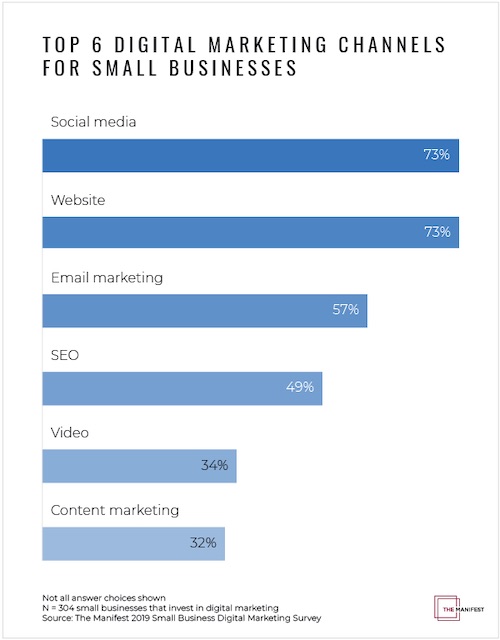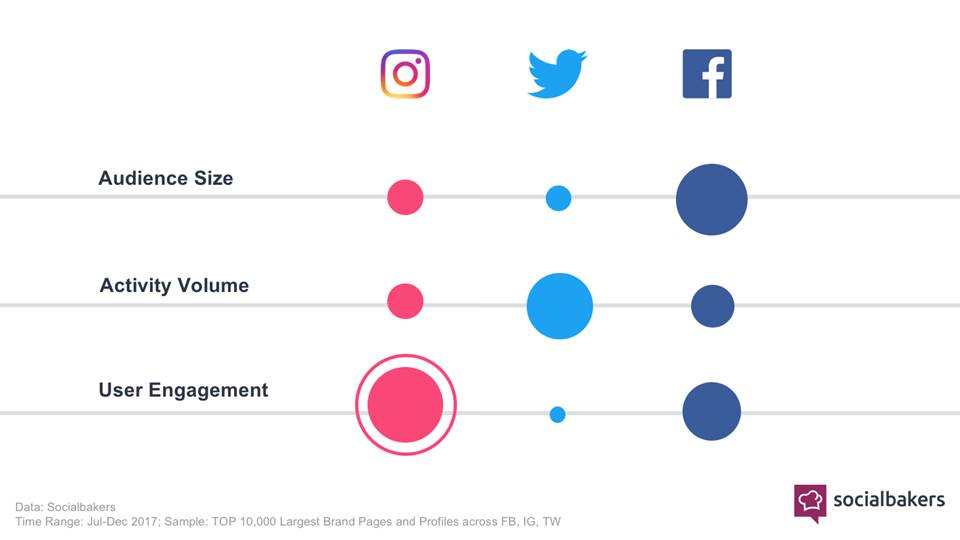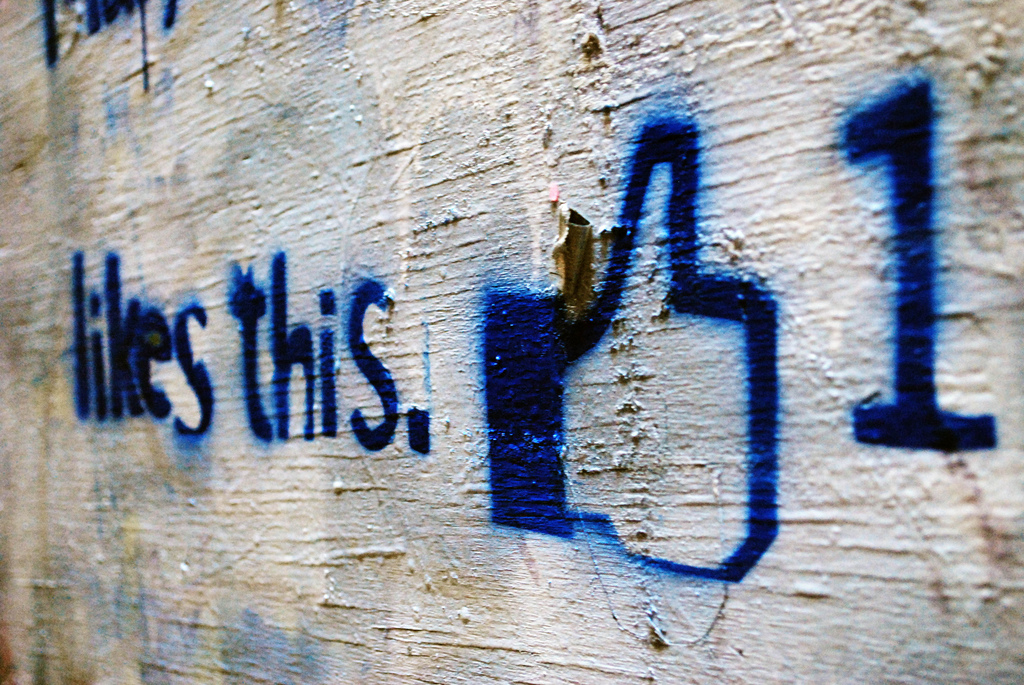This week’s Rundown includes a fresh round of Facebook data breaches, a healthy IPO for Pinterest, and more social media news. Plus, learn how to combat social media algorithms and take a look at the future of social media with Mark Schaefer.
Social Media News
- Facebook Says It Uploaded Email Contacts of up to 1.5 Million Users (Reuters). Yet another privacy breach from Facebook: The company harvested the email contacts of new users without their knowledge or consent when they opened their accounts. The company said it is now deleting the data. Meanwhile, it’s Instagram product experienced a data breach of its own when millions of Instagram users’ passwords were exposed to staff.
- Twitter Secretly Verified Jack Dorsey’s Mom and Thousands of Others Despite ‘Pause’ (Mashable). “Celebrities, and others with backchannel connections to the company, are able to become verified as Twitter ignores everyday users and those without insider access.” And now I know why Twitter keeps rejecting my verification requests.
- A New Twitter Account Is Outing Shoddy Reporting in Science Stories (Quartz). Here’s a new account you might want to follow: @justsaysinmice tweets about stories that rely on a study of mice to make claims about human health.
- Pinterest Shares Jump 25 Percent on First Day of Trading (The New York Times). Pinterest stock began trading at $23.75, putting the company’s value above its last private valuation of $12 billion. Pinterest is about interacting with celebrities or broadcasting one’s life. Instead it is meant to be more personal. Its 250 million monthly active users use the site to plan important aspects of their lives, including home projects, weddings and meals.
- 15 Months of Fresh Hell Inside Facebook (Wired). Here’s your weekend long read: “The confusing rollout of meaningful social interactions—marked by internal dissent, blistering external criticism, genuine efforts at reform, and foolish mistakes—set the stage for Facebook’s 2018.”
Learn
- How to Make Your Website and Social-Media Presence Bulletproof Against Algorithm Changes (Inc). This article includes four ways to keep your web traffic up and three ideas to consider when building out your social media content strategy.
- Social Media Shakeout: Why the Future of Social Media Is Hazy (businessesgrow.com). Mark Schaefer gives a brief rundown of what’s next in the world of social media — from AI and 5G to regulation and consolidation.
Chart of the Week
The Six Most Popular Digital Marketing Channels with Small Businesses (MarketingProfs). Nearly three-quarters (73%) of respondents say their business engages in social media marketing; the same proportion also use a website to market their firm.













